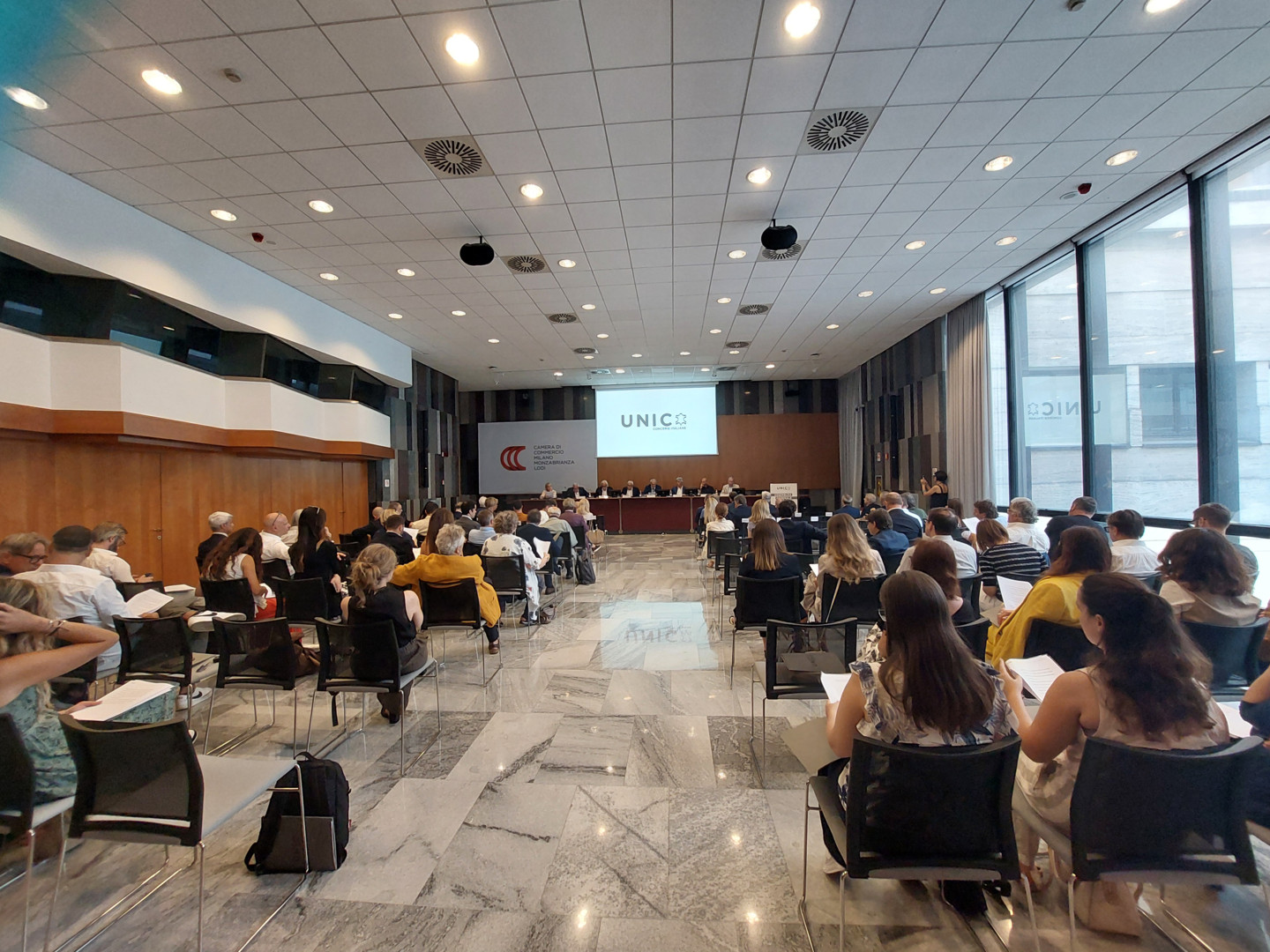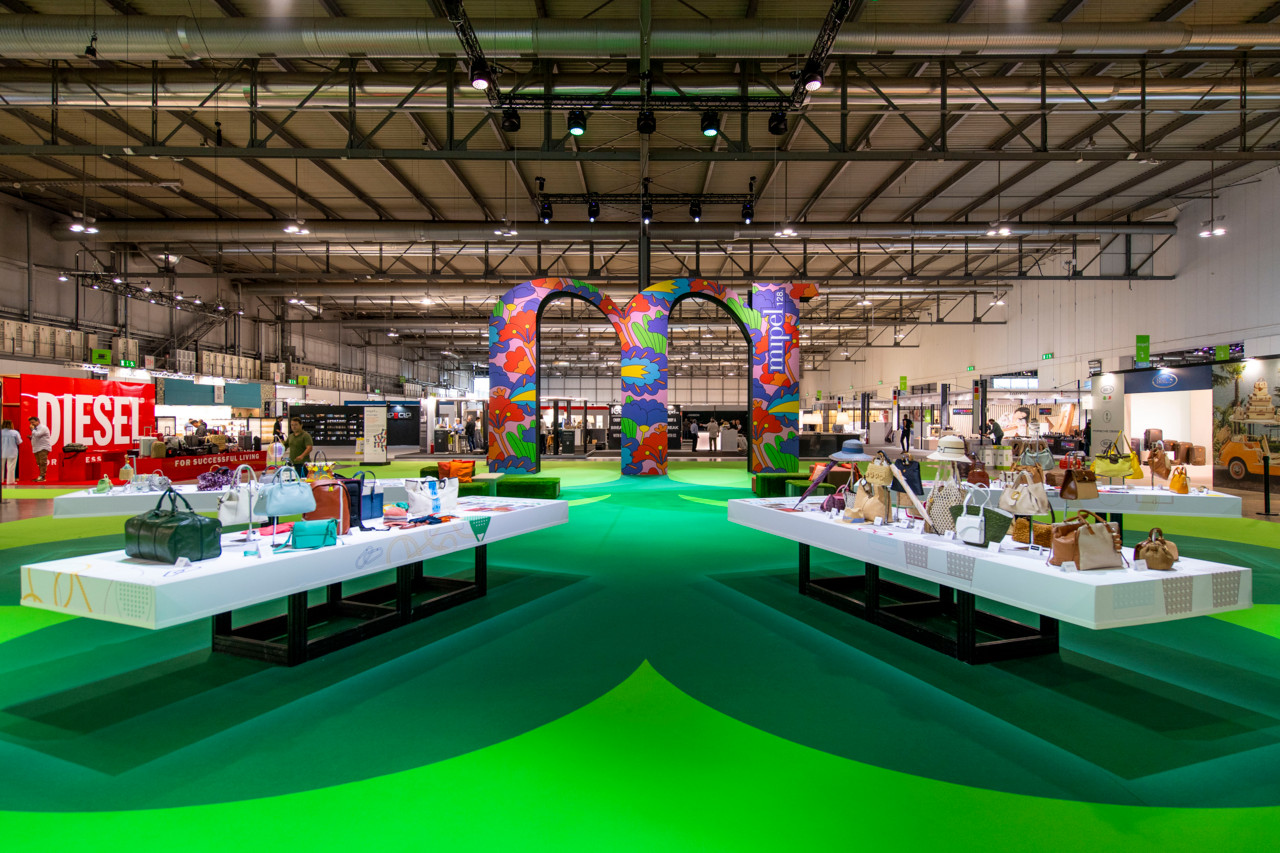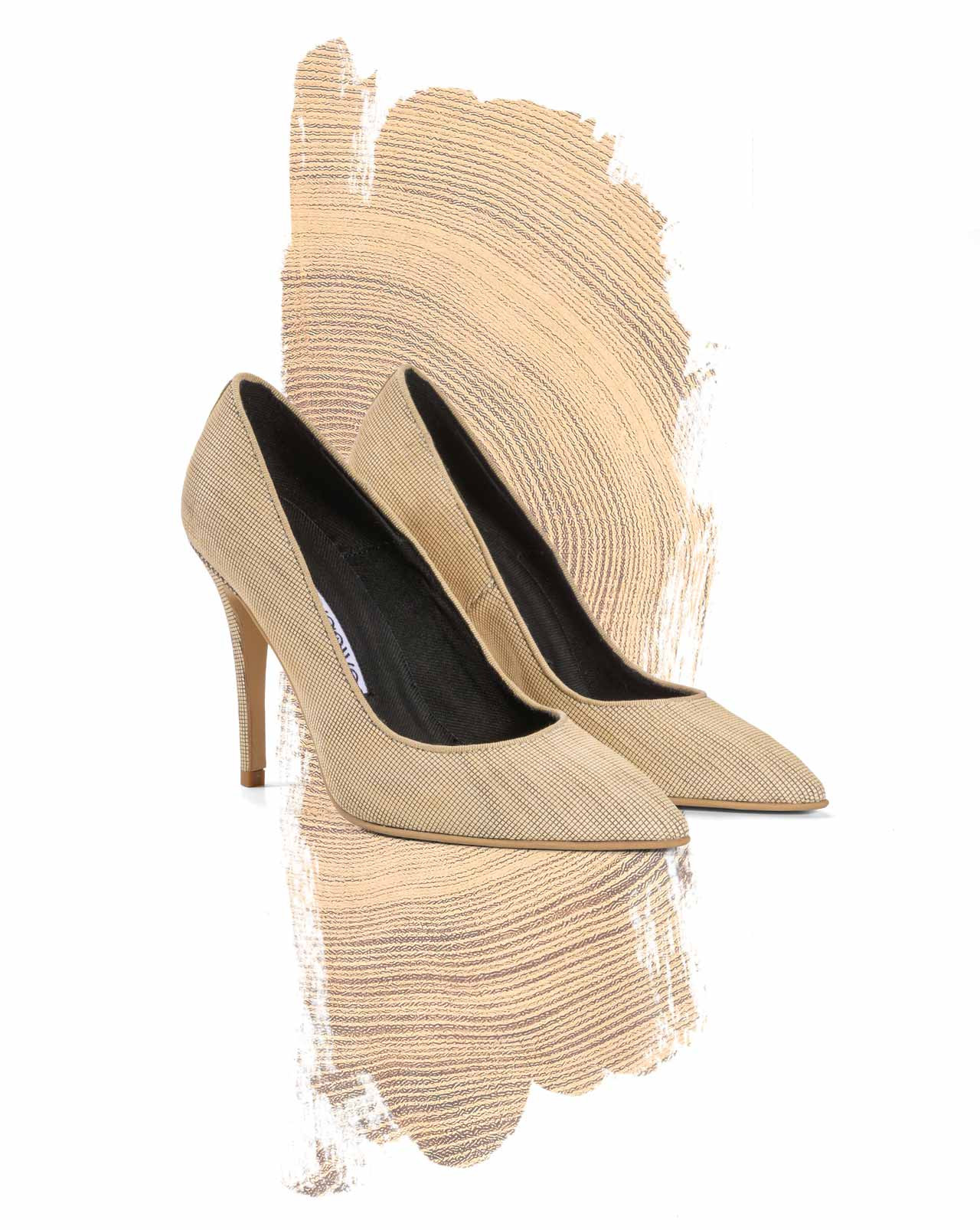
2025: a turning point for Italian digital commerce
According to Netcomm, the past year has led to radical changes in Italian trade, which will inevitably impact 2026 and beyond.
Keep reading...
July 2025

UNIC Assembly July 1 in Milan takes stock of activities and announces major projects to meet future challenges
A report focused on the need to preside over the work of the Brussels legislators that of UNIC President Fabrizio Nuti, yesterday in Milan at the Annual Meeting of the Association of Italian Tanneries. “For the past four years,” said Nuti, “my energies have been practically absorbed by opposing measure No. 1115/2023, that is, the Anti-deforestation Regulation, in the knowledge that, as it is written, it will have devastating effects on our sector. An effort that has taken the form of letters, meetings, various solicitations to MEPs, technicians, lobbyists, but also in the organization of seminars and webinars culminating on June 3 at the European Parliament where the Scuola Superiore Sant’Anna study was presented showing that leather is not a driver of deforestation. An enormous amount of work that so far has apparently produced little result except for a letter to EU President Ursula Van der Leyen from Council Vice-President Antonio Tajani who, after meeting with the Unic president, took action “diligently and seems to have fully understood the gravity of the situation.”
A common home in Brussels
Noting the difficulty of changing laws that have already been passed, such as precisely the Anti-Deforestation Regulation (EUDR), the tanners recently moved the offices of Cotance (which represents European tanning) to a large new headquarters in Brussels “which I would like to become a reference point for all associations in the leather supply chain and beyond.” Located near the European Parliament, “it could become the home of all the natural materials such as wool, silk, cashmere, etc. that share with us the daily problems and attacks.” Unity is strength,” Nuti explained, ”and having a common voice is worth the investment. There is a need for lobbying, which is transparent but necessary, also to prevent the passage of dangerous laws just as happened with the EUDR. The idea of collaborating with other supply chains stems from the observation that all natural materials have, just like leather, a very high environmental impact index compared to materials of petrochemical origin such as PVC, nylon and polyester. A paradoxical situation due to erroneous assumptions (in the case of leather, the inclusion of animal husbandry that should be discorporated since leather is a by-product) that needs to be changed by pursuing LCA studies carried out with accurate and up-to-date scientific data, as specialist Federico Brugnoli, CEO of SPIN360, also had the opportunity to explain in the following speech, thanks to whose work it was possible to lower the score of leather by 70% in the infamous Higg index related to the sustainability of materials.
New projects
President Nuti then reviewed the many activities carried out by the association over the past year. Among the most important is the collaboration with the Ministry of Made in Italy to draft a bill aimed at creating a univocal certification system within the fashion supply chain, by third-party certifiers, to defend against the proliferation of customer audits on the most disparate requirements. Also noteworthy is a new project dedicated to sustainability called “Leather Leaders” on which UNIC is working together with SPIN360 and other partners and which is based on three basic pillars: supply chain collaboration, science and data, and alliances with related sectors (wool, silk, etc.). The aim is to create a core group of brands and supplier companies to draft a protocol to achieve green goals and build a shared platform of innovation and knowledge that can drive the whole sector.
The 2024 results
As for the economic results, 2024,“ the UNIC president recalled,”was another difficult year, in which negative signs prevailed (production -4.5 percent, exports -3.6 percent), the result of persistent suffering in the fashion, furniture and automotive supply chains. The consequence is that “industrial and commercial reorganization phenomena are multiplying. Companies are aggregating, supply chains are integrating, procurement and financial investments are diversifying. And while we probably won’t all agree on this, this, in my opinion, is a sign of health for the industry, an indicator of the dynamism that continues to pervade our world. A luxury brand won’t invest in the capital stock of a tannery if it doesn’t believe in the leather material. Just as a financial fund would not do so if it believes that the tanning business is unattractive in profit marginality.”
Guests
After the president’s report, the microphone was passed to Dario Fabbri, geopolitical analyst and editor of Domino magazine, who gave a talk focusing on the attacks on globalization and explaining the meaning of the Trumpian policy on tariffs. According to the expert, the US president does not aim to tear down globalization, but to redefine its balance at the expense of the EU and China.
There were numerous speeches by UNIC Assembly guests who enhanced the event by speaking about their fields of expertise. The following took turns on stage: Giovanna Ceolini (president Confindustria Accessori Moda), Agostino Apolito (general manager Assomac), Maurizio Maggioni (national secretary UNPAC), Michele Matteoli (president Tanners Consortium Ponte a Egola), Riccardo Bandini (president Tanners Association of Santa Croce sull’Arno), Roberto Giannoni (mayor of Santa Croce sull’Arno), Mirko Balsemin (president of the tanning section of Confindustria Vicenza) and Sonia Tosoni (secretary of FILCTEM CGIL).

According to Netcomm, the past year has led to radical changes in Italian trade, which will inevitably impact 2026 and beyond.
Keep reading...
Data from the Confindustria Fashion Accessories Study Centre for Assopellettieri show negative figures for the third quarter of 2025 as well, albeit with a slight improvement compared to the beginning of the year, which will hopefully turn into a recovery in 2026.
Keep reading...
The new frontier of sustainable footwear combines technological innovation and respect for the environment, transforming paper and wood waste into luxury accessories and circular sneakers.
Keep reading...You must login to read this free content
This content requires a subscription to view. Are you already a subscriber? Sign in